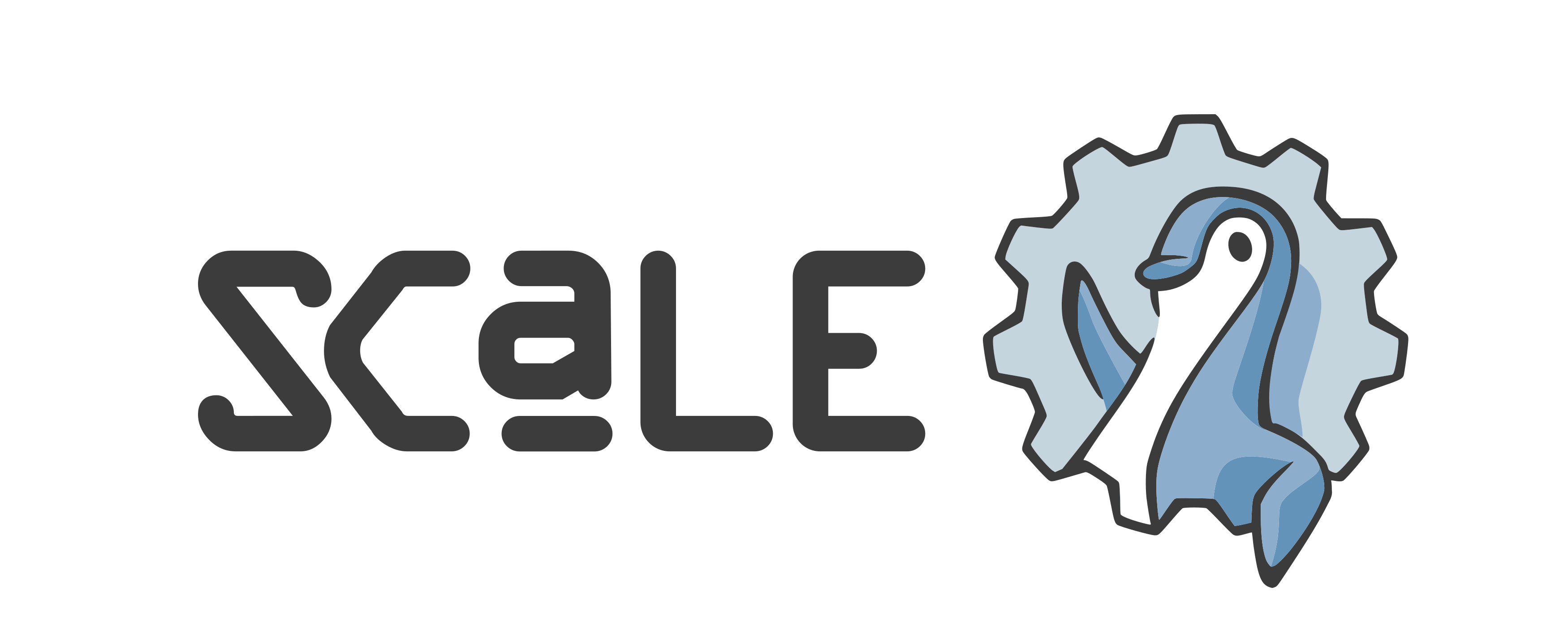Presentations



Meet leaders from the OpenInfra Foundation, board and projects.

In this presentation we'll review the different aspects to address when trying to ramp up OpenStack implementation projects as a cloud infrastructure that allows us to control costs, drive flexibility, innovation and speed to market. We will learn how to pitch mentioning key aspects that can be attractive to decision makers.



This demo addresses the challenges of managing latency, data locality, compliance, and availability in distributed environments. By integrating OpenStack edge cloud deployments with SONiC VPP switches over x86 servers across data centers, it enables seamless edge traffic routing through major cloud providers (AWS, Azure, Google) while retaining control at the edge. Optimized for IoT and AI/ML, this solution leverages network slicing to deliver a secure, multi-tenant environment. OpenStack and SONiC together provide high-performance, low-latency connectivity essential for edge computing.

A fully integrated OpenStack cluster, especially one utilizing Ironic or Neutron, touches all parts of an environment. Tight integration like this comes with a price: almost any issue in your environment may be surfaced as a failure or error to an end user. In this session, we will discuss how to properly monitor your OpenStack cluster, separating real-world failures from software bugs as well as how to market your cloud engineering work to nontechnical parts of the business.

OpenStack is a platform powering a vast array of scientific endeavors. The Scientific SIG is dedicated to representing and advancing the use cases and needs of research and high-performance computing atop OpenStack. If you work or play in scientific computing, come to this gathering of the SIG to connect with colleagues, discuss common interests, and help make OpenStack better for doing science!

Jon will highlight the work of the Personal AI Hackathon focused on emergency response and fire resilience, where pAI can assist in real-time decision-making, disaster communication, and situational awareness. Leveraging offline-capable, distributed AI, first responders and affected communities can access critical information and coordination tools without being overly reliant on fragile infrastructure services.

Get hands-on experience with pAI-OS, an innovative open-source platform designed to empower developers and researchers in the AI community. This interactive workshop offers a comprehensive introduction to the pAI-OS ecosystem, guiding participants through its core functionalities and contribution opportunities. During this 105-minute session, you'll dive deep into the pAI-OS codebase, learning essential concepts and practical implementation techniques.




Recap the mornings learnings with a panel of AI thought leaders.
